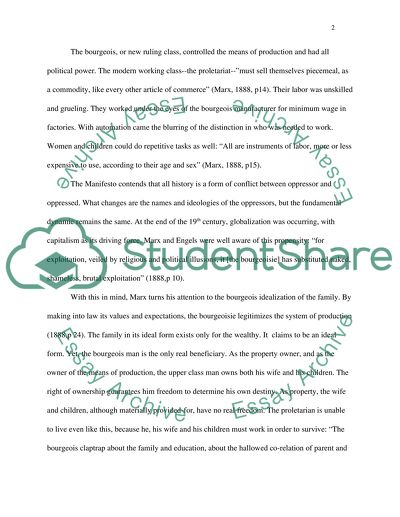Cite this document
(“Comparing Marx and Toqueville Research Paper Example | Topics and Well Written Essays - 1750 words”, n.d.)
Retrieved from https://studentshare.org/family-consumer-science/1419031-comparing-marx-and-toqueville
Retrieved from https://studentshare.org/family-consumer-science/1419031-comparing-marx-and-toqueville
(Comparing Marx and Toqueville Research Paper Example | Topics and Well Written Essays - 1750 Words)
https://studentshare.org/family-consumer-science/1419031-comparing-marx-and-toqueville.
https://studentshare.org/family-consumer-science/1419031-comparing-marx-and-toqueville.
“Comparing Marx and Toqueville Research Paper Example | Topics and Well Written Essays - 1750 Words”, n.d. https://studentshare.org/family-consumer-science/1419031-comparing-marx-and-toqueville.


